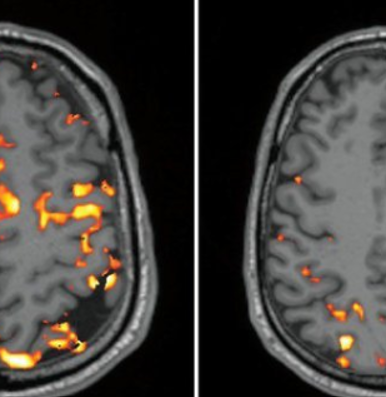Poor sleep makes brain age faster: Study
29-Oct-2024Although the study does not prove that poor sleep speeds up brain ageing, it shows a strong association between poor sleep and a greater decline in brain health.

Poor sleep quality in early middle age could be linked to signs of faster brain ageing later in life, according to a new study.
Published in Neurology, the medical journal of the American Academy of Neurology, the research highlighted that people in their 40s with sleep issues like trouble falling or staying asleep had more signs of brain ageing by their late 50s.
Although the study does not prove that poor sleep speeds up brain ageing, it shows a strong association between poor sleep and a greater decline in brain health.
The results showed that people in the middle group had an average brain age 1.6 years older than those in the low group, while those in the high group had a brain age 2.6 years older.
Specific sleep problems, including poor sleep quality, difficulty falling asleep, and waking up too early, were especially linked to faster brain aging when experienced consistently over time.
Addressing sleep issues early on can help protect brain health. Maintaining a regular sleep schedule, exercising, and using relaxation techniques are just some ways to improve sleep.







